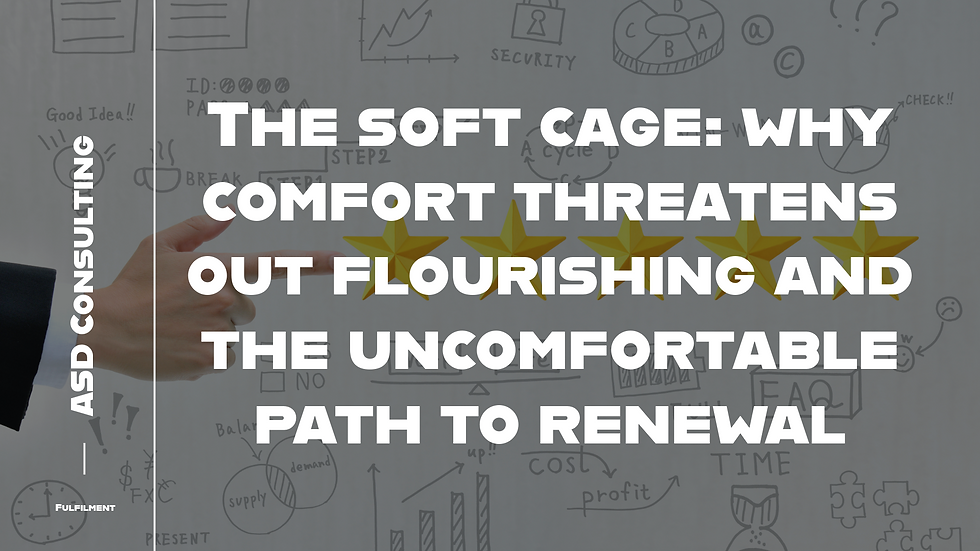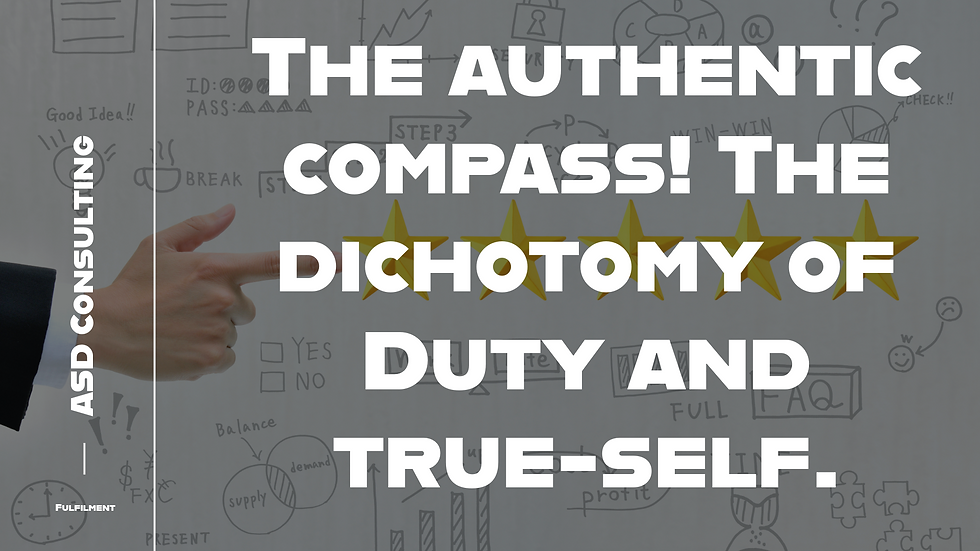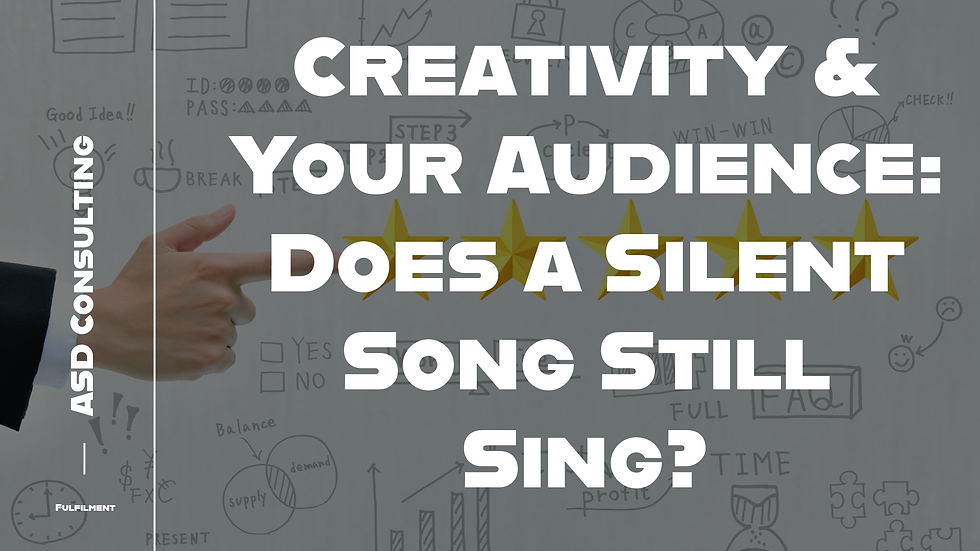The Soft Cage: Why Comfort Threatens Our Flourishing and the Uncomfortable Path to Renewal.
- David Tyler

- Jun 10
- 3 min read

In my deeper thinking moments I am compelled to turn my gaze away from “What it means to be Happy (or otherwise!!) towards another pervasive modern phenomenon: the seductive allure and insidious danger of perpetual comfort. In an era where convenience is king and every discomfort can seemingly be assuaged with a click or a pill, we risk constructing a soft cage around ourselves, one that promises ease but ultimately stifles our growth and diminishes our potential. Why Comfort Threatens Our Flourishing and the Uncomfortable Path to Renewal.
Our inherent drive for comfort is understandable. From a purely evolutionary standpoint, the avoidance of pain and the pursuit of security were crucial for survival. Yet, in our technologically advanced societies, this drive has escalated to an unprecedented degree. We optimise our environments for minimal friction, our routines for maximum predictability, and our interactions for effortless gratification. The consequence, however, is a widespread atrophy of both our mental and physical faculties, a kind of existential rust that slowly corrodes our capacity for genuine well-being.
This is where the wisdom of thinkers like Dr. Alok Kanojia resonates profoundly with philosophical and social scientific observation. He, among others, highlights the critical necessity of pushing ourselves beyond the perceived boundaries of our comfort zones. The human organism, in its magnificent complexity, operates on a principle of adaptation and challenge: "use it or lose it" is not merely a folksy adage but a fundamental biological and psychological truth.
Consider the physical realm. A body accustomed to perpetual ease, cushioned by soft chairs and minimal exertion, quickly loses its strength, flexibility, and endurance. Muscles weaken, bones become brittle, and cardiovascular health declines. The immediate comfort of inactivity yields a long-term harvest of frailty and vulnerability. Social science research consistently demonstrates the myriad health benefits of physical activity, not just in prolonging life, but in enhancing its quality – a quality often found through the very discomfort of exertion. The burning muscles, the gasping breath, the sweat – these are not adversaries of health, but catalysts.
The same principle applies, perhaps even more critically, to our mental landscape. A mind that never grapples with complex problems, that avoids new learning, or that recoils from intellectual challenge, risks going "rusty." Our cognitive faculties, like our muscles, demand regular exercise. The comfortable routine of passively consuming entertainment, of engaging only with pre-digested information, or of avoiding any form of mental strain, may feel pleasant in the short term. However, it undermines our capacity for critical thought, problem-solving, and sustained attention – skills vital for navigating an increasingly complex world. Challenges, whether intellectual puzzles, learning new skills, or engaging in difficult conversations, push the boundaries of our neural pathways, forging new connections and reinforcing existing ones. This active engagement with discomfort is an investment in our future cognitive health and resilience.
Moreover, true creativity, that spark of innovation and novel thought, rarely emerges from a place of perfect ease. Creativity often thrives on constraint, on necessity, on the struggle to overcome obstacles. When everything is readily available and effortlessly achieved, the impetus to imagine, to invent, to transcend, is significantly dulled. Discomfort forces us to think differently, to find alternative solutions, to improvise and adapt. It pushes us beyond the conventional, fostering the kind of divergent thinking that leads to breakthroughs, whether in art, science, or daily life.
The healing power of discomfort, therefore, lies in its capacity to force growth. It strips away the illusions of invulnerability and reminds us of our adaptive potential. When we voluntarily step into discomfort – whether it’s a demanding physical challenge, a complex intellectual pursuit, or even the vulnerability of genuine emotional expression – we cultivate resilience. We learn that we can endure more than we imagined that setbacks are not endpoints but opportunities for recalibration, and that true strength is forged in the fires of adversity, not in the plush cushions of ease.
This isn't to advocate for needless suffering or a life devoid of genuine rest and rejuvenation. Rather, it is a call to recognise that a life lived solely within the confines of our comfort zone is a life half-lived. It is a life that foregoes the deeper satisfactions of overcoming, of creating, of truly knowing our own strength and capabilities. By actively seeking out challenges, by embracing the temporary sting of exertion, and by allowing ourselves to be pushed beyond our perceived limits, we not only improve our mental and physical health but also invest profoundly in our future selves. We stop our minds from going rusty, maintain our vitality, and ensure that our existence is one of continuous growth, meaning, and genuine fulfilment, rather than a slow, comfortable decline.



Comments